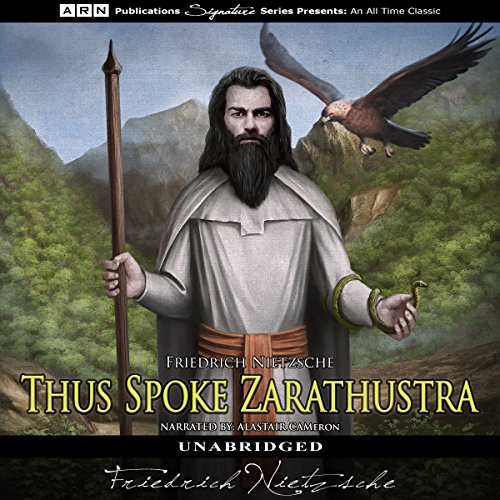

Nietzsche goes on to describe how the camel ultimately enters “the loneliest desert” before becoming a lion. Only through suffering these challenges does the camel gain the strength and resilience necessary to attain the next spiritual metamorphosis. In doing so, the camel is humbled and strengthened. It greets life head-on and embraces the difficulties that it presents out of a sense of duty. Put another way, the camel does not run from life or distract itself from it. The camel embraces these challenges in the name of duty and nobility.

One must battle with fear, love, truth, death, confusion, thirst for knowledge, and all of the other aspects of human existence. What Nietzsche is saying is that before one can become Overman, one must first bear a great many burdens. For example, he writes, “Or is it this: loving those who despise us and offering a hand to the ghost that would frighten us?” He indicates that the camel must invite these burdens. What is most difficult, O heroes, asks the spirit that would bear much, that I may take it upon myself and exult in my strength?”Īfter this passage, Nietzsche goes on to list several items that may be considered among the most difficult or trying of life’s possible experiences. Of this, he writes: “What is difficult? asks the spirit that would bear much, and kneels down like a camel wanting to be well loaded. The first metamorphosis described by Nietzsche is that of the camel. These transformations are rather prescriptive in nature, and thus can be seen as a sort of guide to becoming Overman, or liberating one’s spirit. In Thus Spoke Zarathustra, Nietzsche writes of three spiritual metamorphoses that must be undergone for the individual to reach the state of Overman. This person wills their own destiny, creates their own values, and dances with the game of life to the tune of their own spirit. This state can be seen as the state of the pure individual, a person unencumbered by the influences and authorities of society and other people.

In essence, an Overman is one who has superseded the bondage of the human condition and reached a liberated state - one of free play and creativity. “Overman” refers to Nietzsche’s conception of a man who has literally overcome himself and human nature. The term “Superman” has adopted many connotations as a result of the comic book hero in popular culture, so for many scholars today, “Overman” is the more suitable term. In English versions of the work of Nietzsche, “Übermensch” is translated as “Superman” or “Overman”. In Nietzsche’s most popular book, Thus Spoke Zarathustra, he described what would become one of his most memorable theories - that of the Übermensch.


 0 kommentar(er)
0 kommentar(er)
